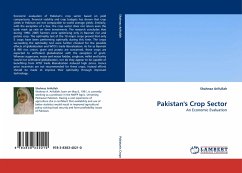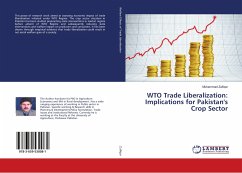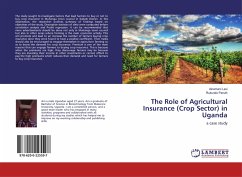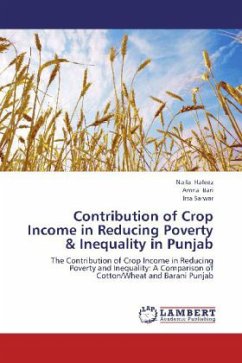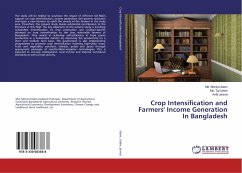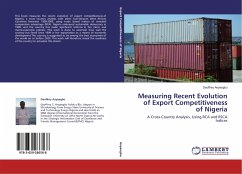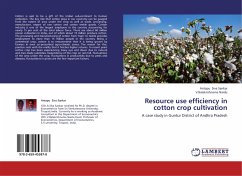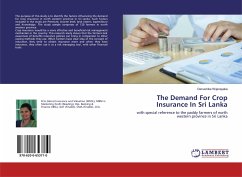Economic evaluation of Pakistan s crop sector based on yield comparisons, financial viability and crop budgets has shown that crop yields in Pakistan are not comparable to world average yields. Similarly, with the exception of a few, the crop sector does not return even the bank mark up rate on farm investments. The research concludes that during 1990- 2005 farmers were optimizing only in Basmati rice and potato crop. The optimality test of the 19 major crops proved that only 5 crops have been performing optimally during this time. The crops succeeding the optimality test were further checked for the possible effects of globalization and WTO s trade liberalization. As far as Basmati & IRRI rice, onion, gram and potato are concerned, these crops are expected to withstand globalization with the exception of gram. Whereas sugarcane, maize and maize fodder, sorghum, millet and barley would not withstand globalization, nor do they appear to be capable of benefiting from WTO trade liberalization induced high prices. Hence price incentives are not recommended for these crops; instead efforts should be made to improve their optimality through improved technology.
Bitte wählen Sie Ihr Anliegen aus.
Rechnungen
Retourenschein anfordern
Bestellstatus
Storno

